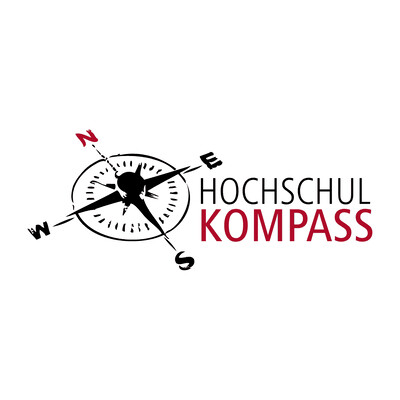Classical Archaeology / Christian and Byzantine Archaeologyfull time
- Degree
- Master of Arts
- Master
- Standard period of study (amount)
- 4 semesters
- Location
- Marburg
- Deadlines
- Please enquire
Overview and admission
Study Type
graduate
Admission semester
Summer and Winter Semester
Area of study
Archaeology
Focus
Archaeological Geography and Urbanism, Iconography and Hermeneutics, Social History and Religion, Style and Typology
Target group
Graduates with a Bachelor's degree with a minimum grade of 3.0 in one of the following courses: - Archaeological Sciences with a focus on Classical Archaeology (Philipps-University Marburg) - Bachelor's degree from other German universities focusing on 'Classical Archaeology' - Bachelor / diploma course of foreign universities with a focus on 'Classical Archaeology' - a comparable degree at another university in Germany or abroad
Annotation
The Master's degree programme deals with the material legacies of the ancient Greek and Roman cultures from the 2nd millennium to the end of antiquity in the 6th century AD. These include a considerable number of works whose high artistic rank was considered exemplary for all later epochs. The aim of traditional archaeology is to reconstruct the ancient cultural and intellectual history in the course of the ages. Christian and Byzantine archaeology is concerned with the culture and material legacies from late antiquity to the Byzantine Middle Ages in the provinces of the Roman Empire (4th-7th century) and in the Mediterranean region (4th-15th century). The subject of teaching and research are the core themes of art (painting, sculpture, treasure and minor arts, iconography) and architecture (church buildings, palace and profane architecture) of early Christianity and Byzantium. The main focus of traditional Archaeology offers you - an intensive specialisation of knowledge in the field of ancient Greek and Roman culture (in-depth modules) - imparting knowledge in public relations, museum didactics and archaeological field research as well as documentation techniques (supplementary module) - an intensive subject- and science-related training, which opens up a multitude of other fields of activity The main focus of Christian and Byzantine archaeology offers you - an intensive specialisation of knowledge in the field of Christian and Byzantine culture (in-depth modules) - an archaeological, cultural and social historical focus, which we deepen in theory and practice - imparting knowledge in public relations, museum didactics and archaeological field research as well as documentation techniques (supplementary module) - the opportunity to learn modern methods of digital archaeology
Admission requirements
https://www.uni-marburg.de/de/studium/studienangebot/master/m-klassarch
Lecture period
- 22.04.2025 - 25.07.2025
- 13.10.2025 - 13.02.2026
Application deadlines
Summer semester (2025)
Application deadline for Germans and inhabitants
Application deadlines: https://www.uni-marburg.de/bewerbungsfristen
Deadlines for International Students from the European Union
Application deadlines: https://www.uni-marburg.de/bewerbungsfristen
Deadlines for international students from countries that are not members of the European Union
Application deadlines: https://www.uni-marburg.de/bewerbungsfristen
Enrollment deadline for Germans and foreign students
Application deadlines: https://www.uni-marburg.de/bewerbungsfristen
Winter semester (2025/2026)
Application deadline for Germans and inhabitants
Application deadlines: https://www.uni-marburg.de/bewerbungsfristen
Deadlines for International Students from the European Union
Application deadlines: https://www.uni-marburg.de/bewerbungsfristen
Deadlines for international students from countries that are not members of the European Union
Application deadlines: https://www.uni-marburg.de/bewerbungsfristen
Enrollment deadline for Germans and foreign students
Application deadlines: https://www.uni-marburg.de/bewerbungsfristen
Tuition fees
Tuition fees
Currently, the German federal state of Hesse does not charge tuition fees.
Languages of instruction
Main language
German

